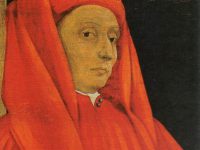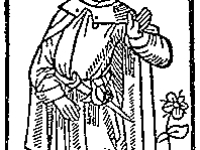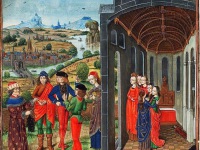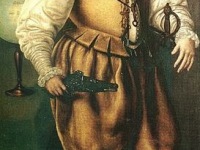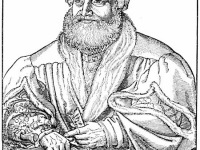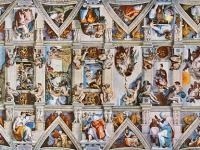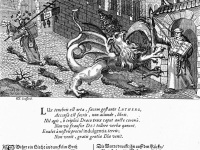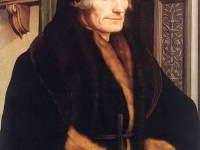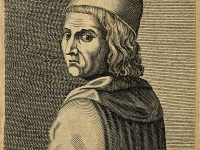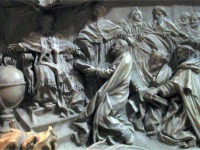Giotto di Bondone – Making a Decisive Brake with the prevalent Style
On January 8, 1337, Italian painter and architect Giotto di Bondone passed away. He is regarded as the decisive pioneer of the Italian Renaissance (Rinascimento). Geniuses are Born as such Sources indicate that Giotto grew up in Florence as the son of the blacksmith Bondone. Most experts believe that Giotto was his real name. Others think that it is a short form of Ambrogio (Ambrogiotto) or Angelo (Angiolotto). His life is attested…
Read more

